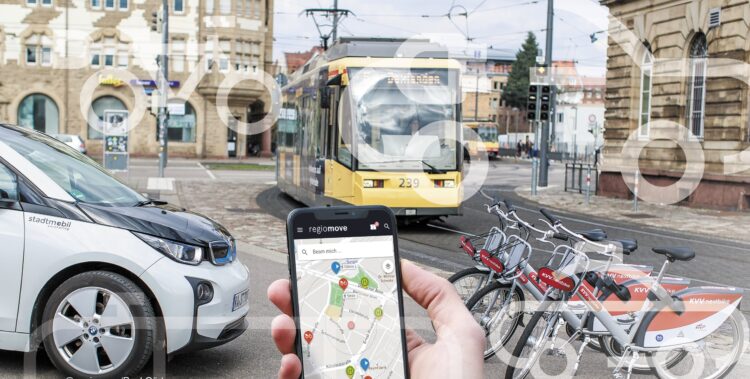
Driving or scooting towards shared mobility: what’s in it for urban dwellers?
On 30.11.2021 by Konstantin Krauss“I am dependent on my car!” is a statement widely heard in discussions about passenger transport in Germany. But: are you? Or are there some new options out there that could help you get around? Let us find out what these new options are, what they can do for your mobility, and what they can do to reduce our carbon footprint. Read More

Embracing globalization to foster the energy transition
On 02.03.2021 by Xuqian YanGlobalization could benefit the energy transition in many ways. Inevitably, however, some factors might hinder the process, such as resistance from the current beneficiaries and concerns for energy security. With an empathetic mindset and willingness to find win-win solutions, we could hopefully solve the issues and fully utilize the power of globalization to foster the energy transition. Read More
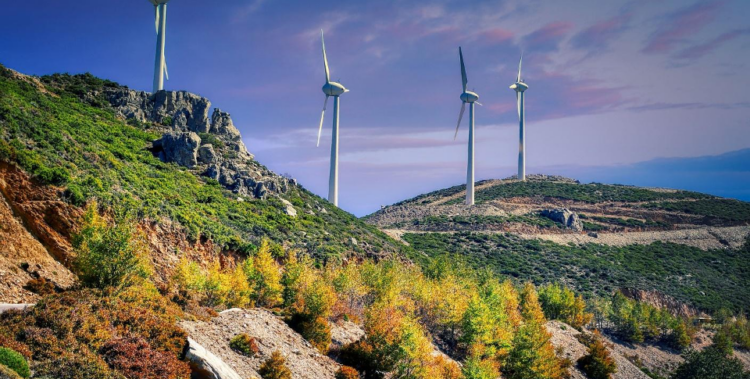
Promoting renewable energy sources in Greece: the need for change and the obstacles along the way
On 05.02.2021 by Gabriela HugClimate change urges every country to take action. Greece has decided to phase-out lignite, a key fuel in its energy mix, and increase the installed capacity of renewable energy sources. Citizens often oppose new renewable energy investments, like new wind farms. What can the Greek government do to ease this transition? Read More
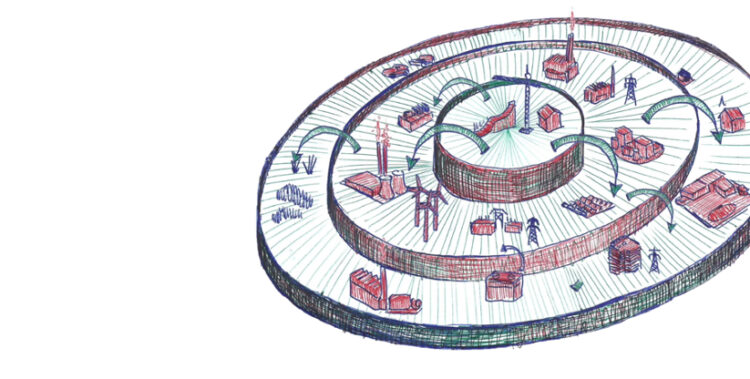
When computational models can evaluate the impact of policies objectively, why are they rarely used in public policymaking?
On 14.12.2020 by Marius SchwarzWhat should the future Swiss energy system look like? How can nuclear power be replaced? Will we have enough electricity on days where no sun is shining, no wind is blowing, and heating demand is high? Without clear answers, the discussion on the future Swiss energy system becomes bipartisan and emotional. Computational models can provide answers, facilitating a discussion less driven by subjective impressions but rather by profound technical analysis. Read More

Promoting adoption of electric motorcycles in Nepal: Challenges and Opportunities
On 17.11.2020 by Nilkanth KumarKathmandu’s stark air pollution and limited public transport infrastructure poses a challenge towards achieving sustainable and adequate transport. Motorcycles are the most sought after mode of private mobility in Nepal. Electric motorcycles appear to be a viable and promising solution, but several technological, market and behavioural factors hinder their higher adoption. Read More
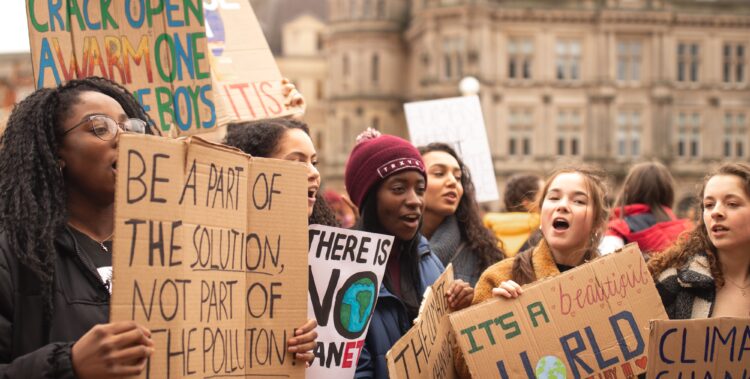
Climate and energy policy after COVID-19
On 18.05.2020 by Massimo FilippiniThe health emergency caused by COVID-19 has taught us that we are all vulnerable, albeit unequally (geographically, generationally, socio-economically and psycho-socially) to global crises, that the political world and civil society can quickly adapt to a common threat, both with drastic and timely regulations and with recommendations. We have learned that prevention and cooperation at the international level, between civil society and the political world, are essential to limit the damage. These lessons should make us understand that the political agenda on climate change needs also to be strengthened, not weakened. Read More

The long way ahead for the energy transition
On 22.04.2020 by Viktoras KulionisConcerns about the consequences of excessive global warming have increased interest in the energy transition. General belief is that the energy transition has been the dominant factor of the increased use of renewable energy. However, only few countries/regions show evidence of an actual energy transition. At the global level, its relevance is short of non-existent when you do the math. Read More
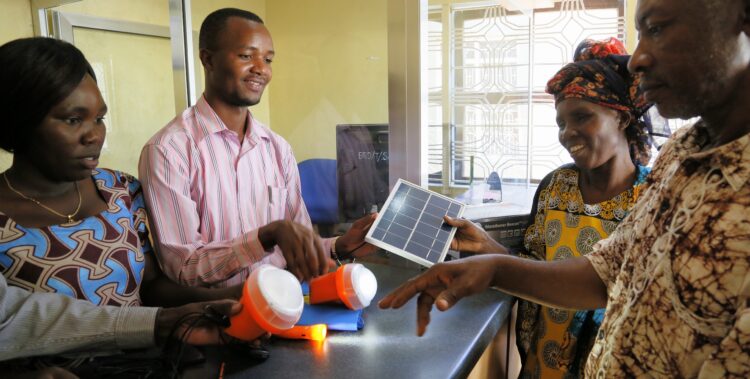
Electrifying Rwanda: Why mini-grid companies have lost the game
On 07.04.2020 by Churchill Omondi AgutuRwanda’s goal to reach 100% electrification by 2024 relies heavily on off-grid electricity systems, like solar home systems and mini-grids. Based on my recent field research, this will be a tall order for burgeoning solar home system and, especially, mini-grid companies, who face a number of challenges to scale. Read More
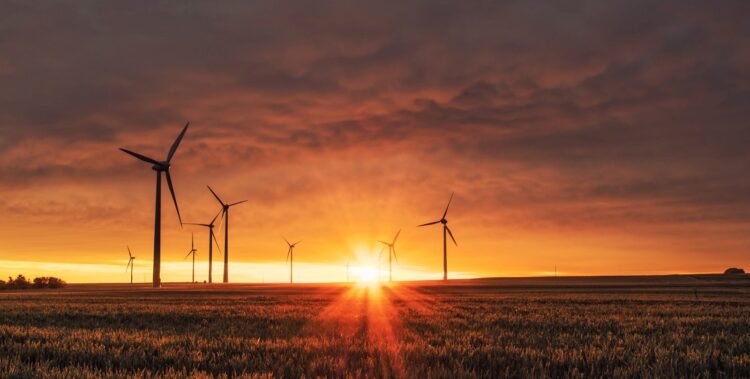
COVID-19 stimulus packages represent a critical juncture for climate policy
On 02.04.2020 by Nicolas SchmidGovernments around the world have implemented strong, science-based measures against the spread of COVID-19, ranging from border closures to the lockdown of approximately one-third of the world population. As a result, economic activity of most sectors and countries abruptly and strongly decreased. To prevent a global economic and social crisis, governments around the world have proposed massive stimulus programs. Read More

How energy efficient is your daily life?
On 20.01.2020 by Valentina Stampi-BombelliHave you ever stopped to think about the power consumption of the activities of your daily life? Do you think you can guess the power consumption of each device? Try sorting the power consumption of each device that runs on electricity, and then have fun scrolling on the images of each room below to find out if you guessed correctly! Read More

Can randomized field experiments help close the energy efficiency gap? / Können randomisierte Feldstudien helfen, die Energieeffizienzlücke zu schliessen?
On 05.12.2019 by Nina BoogenSome time ago economists appropriated a method from medical research called randomized controlled trials, which has become the “golden standard” to detect causal effects of a policy intervention. Could they also assist in closing the energy efficiency gap? In this blog article, I argue why they could, but also why they are not a universal remedy. Read More
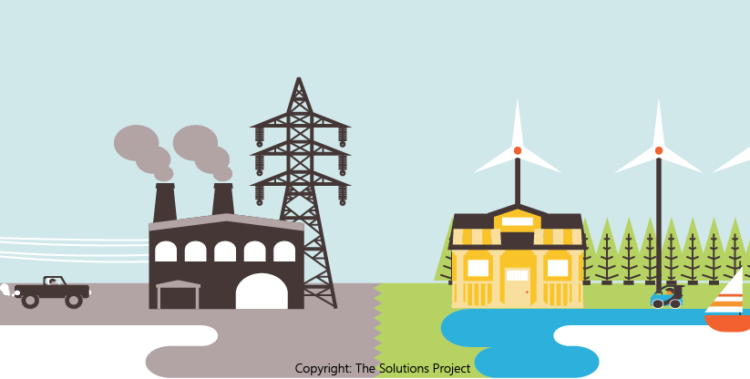
Energy: It’s everywhere, yet we don’t talk about it
On 24.09.2019 by Florian Manuel EgliWelcome! You have found the Energy Blog @ ETH, a newly founded initiative to foster a debate around energy research and policy. We know there is fascinating work coming out of ETH Zurich, but often the work is very specific and its implications for society, policymakers, and individuals do not easily get across. Given the unprecedented challenges to transform our energy system, academic ivory towers do not work. We are here to break them up and mix science with policy and society. Read More
Archives
- June 2024
- May 2024
- April 2024
- January 2024
- December 2023
- October 2023
- August 2023
- July 2023
- June 2023
- May 2023
- April 2023
- March 2023
- February 2023
- December 2022
- November 2022
- October 2022
- September 2022
- July 2022
- May 2022
- April 2022
- March 2022
- February 2022
- January 2022
- December 2021
- November 2021
- October 2021
- July 2021
- June 2021
- May 2021
- April 2021
- March 2021
- February 2021
- January 2021
- December 2020
- November 2020
- October 2020
- September 2020
- July 2020
- June 2020
- May 2020
- April 2020
- February 2020
- January 2020
- December 2019
- November 2019
- October 2019
- September 2019
Calendar
| M | T | W | T | F | S | S |
|---|---|---|---|---|---|---|
| 1 | 2 | 3 | 4 | 5 | 6 | |
| 7 | 8 | 9 | 10 | 11 | 12 | 13 |
| 14 | 15 | 16 | 17 | 18 | 19 | 20 |
| 21 | 22 | 23 | 24 | 25 | 26 | 27 |
| 28 | 29 | 30 | ||||
Categories
- Buildings
- Buildings
- Carbon Removal
- Carbon Removal
- Climate Change
- Climate Change
- Consumer Behavior
- Consumer Behavior
- Economics & Policy
- Electricity
- Electricity
- Energy Efficiency
- Energy Efficiency
- Energy Supply
- Energy Supply
- Heating
- Heating
- Industry decarbonization
- Mobility
- Renewable Energy
- Smart Energy
- Smart Energy
- Society
- Society
- Storage
- Transportation
- Transportation
- Uncategorized
